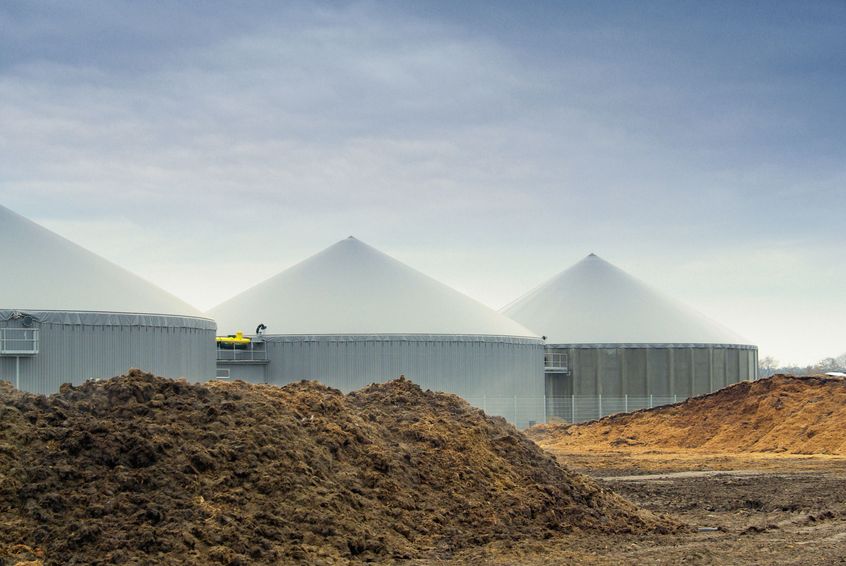
Scottish farmers are being encouraged to invest in anaerobic digestion as a new government plan looks to ensure unavoidable household food waste is recycled.
The new Food Waste Reduction Action Plan (FWRAP) includes measures to ensure that households with access to food recycling facilities are using them.
The plans were unveiled by the Scottish government and Zero Waste Scotland.
Both highlight the food waste problem in Scotland. In 2014, households threw away around 600,000 tonnes of food and drink waste.
The scale of the issue brings an opportunity for more anaerobic digestion plants to be built, particularly near urban areas.
Chris Negus, of renewable energy funding provider Privilege Finance, said the plan offers a 'great opportunity' for farmers to get involved and to help decarbonise the economy.
“It’s been reported that only 55% of households say they’re recycling their food waste, despite over 80% of Scottish homes have access to recycling facilities,” he said.
“The Scottish government have previously announced a ban on biodegradable municipal waste entering landfill from 2021, which means there is potentially an influx of feedstock for AD plants throughout Scotland arriving imminently.”
The new FWRAP highlights that anaerobic digestion is currently the most environmentally effective method used for treating food waste in Scotland.
There are already over 50 AD plants in Scotland, with many utilising food waste and industrial waste such as brewing grains, to generate green electricity.
However, the government's plan is likely to mean that more plants are needed to help manage the unavoidable food waste.
